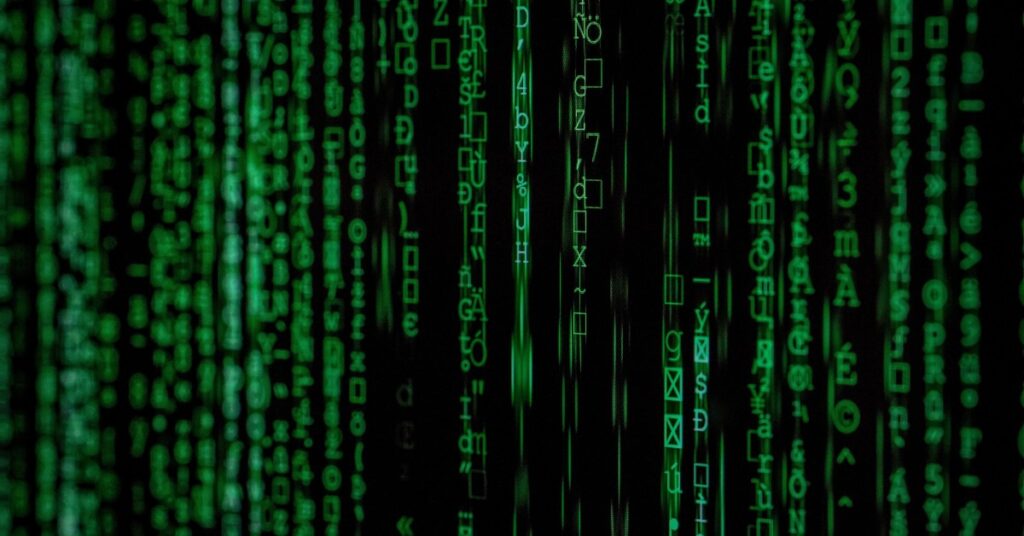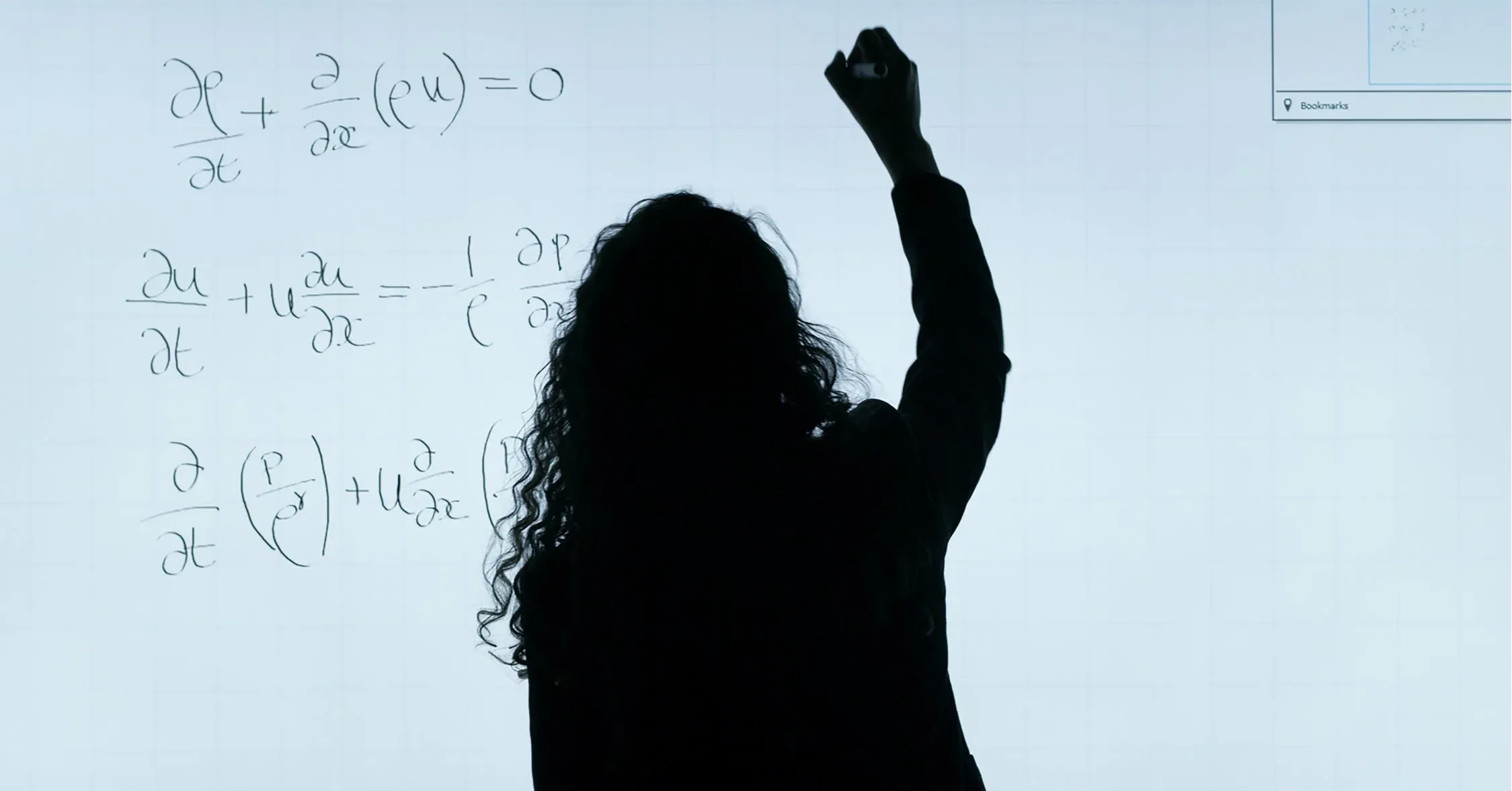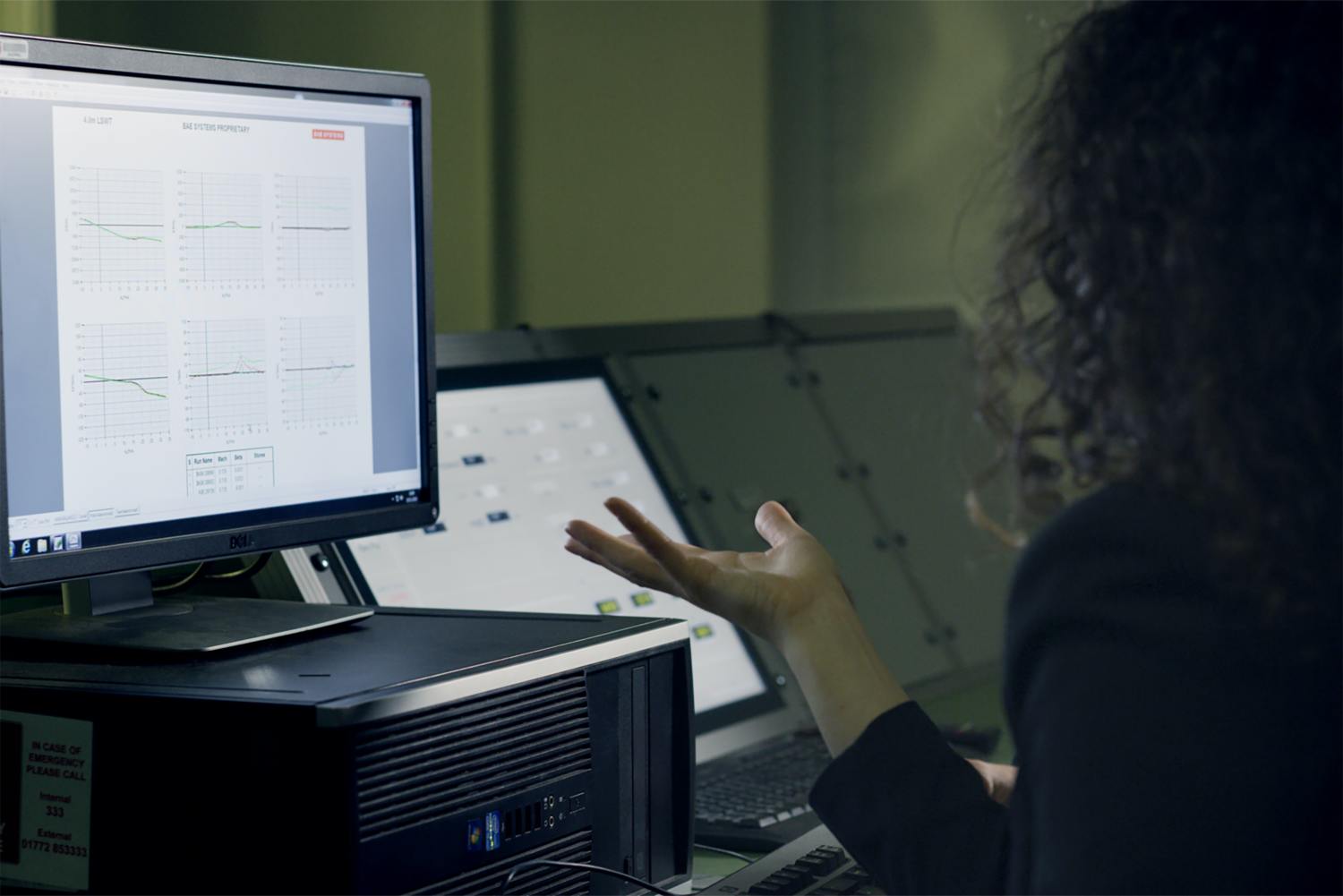
How Much Do Cryptographers Make?
Cryptography involves data security, a high priority in today's tech-dominated [...]

Part spy. Part security guard. All-knowing. All-seeing. Ultimate defender and protector of data. The first line of defense against any outside attack on internal technology systems. The person everyone at the office depends on when hackers find a way in, or competitors attempt corporate espionage. When foreign governments or subversive groups attempt to shut down the power grid or breach our secure systems, government agencies turn to them to repel the attacks. Cue the Mission Impossible theme song.
No, this isn’t a description of the star of this season’s top box-office thriller. It is, simply, what cryptographers do for a living.
Cryptographers deal in weighty matters. They keep key internal information secure and break ciphers to gather and analyze external intelligence. While the job may sound modern—even futuristic—it actually dates back to ancient times. Even before the internet (there was such a time, kids), there were secrets to keep and uncover. Today’s cryptographers, who are responsible for information encryption and code-breaking, make skilled use of cutting-edge technology but also rely on tried-and-true techniques. Some of the fundamentals from the founding of American cryptology—dating to the 1920s—are still critical to the work today. They include:
If you love solving high-stakes puzzles, becoming a cryptographer may be the career path for you. In this guide, we’ll cover:
Aspiring cryptographers should plan on obtaining a bachelor’s degree in mathematics or computer science to meet the minimum education requirements for most entry-level positions. Business News Daily rates cryptography among the best jobs you can get with a mathematics degree.
Cryptography courses are usually offered within computer science and mathematics programs. Another option is to pursue an information security major programs, which teaches such skills as homomorphic encryption, digital forensics, and ethical hacking.
While a four-year degree may be sufficient for entry-level positions, an advanced degree, such as a master’s degree or PhD, will open more opportunities to better, and better-paying, jobs. A master’s degree takes one to two years to earn as a full-time student; a PhD can take anywhere from two to six years.
A master’s in computer science or mathematics can bolster your cryptology credentials. Check out Noodle’s articles discussing whether:
| University and Program Name | Learn More |
|
The University of Tennessee:
Online Master of Computer Science
|
|
|
Merrimack College:
Master of Science in Computer Science
|
|
|
Stevens Institute of Technology:
Master of Science in Computer Science
|
According to Tulane University, cryptography requires the following skills:
Some of the top sectors cryptographers include the following:
According to the Bureau of Labor Statistics, the field of information security analysts is expected to grow at a 32 percent rate from 2018 to 2028, more than four times faster than the average for all jobs. The median pay was $98,350 in 2018, with the top industries hiring in the field including:
On career websites like Indeed.com and Glassdoor.com, employers like the NSA, Mozilla, financial institutions, and others offer such entry-level positions for cybersecurity professionals as:
Within the U.S. armed forces, there are several types of jobs for candidates who do not need to have four-year degrees, including:
Looking to learn more about the field before pursuing cryptography as a career? Here are some handy links to help you out as you explore the profession.
(Last Updated on February 26, 2024)
Questions or feedback? Email editor@noodle.com

Cryptography involves data security, a high priority in today's tech-dominated [...]

You'll improve your knowledge and skill set in either a [...]

If you plan to earn a computer science degree to [...]

Master of Science in Computer Science (MSCS) students can choose [...]

The demand for qualified cybersecurity professionals has never been higher. [...]
Categorized as: Computer Science, Cybersecurity, Information Technology & Engineering